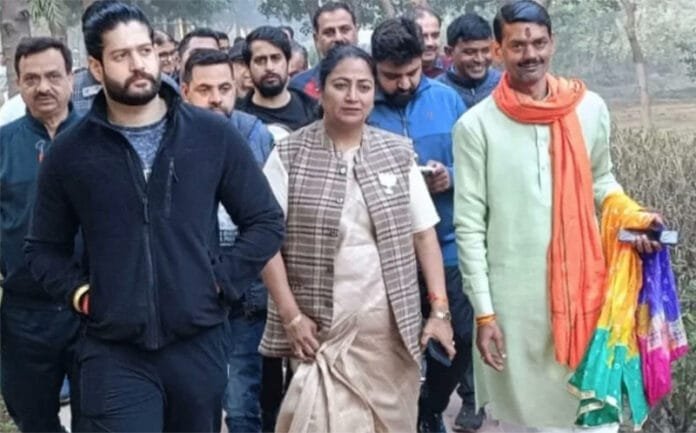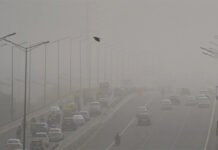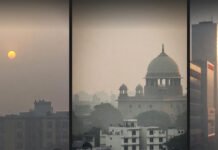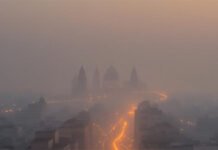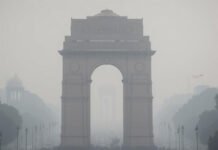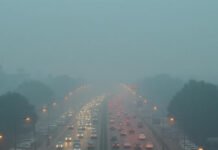Highlights
From 1 November, Delhi prohibits entry of BS-IV standard commercial goods vehicles.
Move aims to reduce emissions as air quality in the capital deteriorates ahead of winter.
Transition phase ends on 31 October for affected vehicles entering Delhi.
Authorities warn of strict enforcement and penalty for violators.
Environment-health concerns drive the policy in wake of rising smog and respiratory complaints.
🌫️ Delhi Takes Step to Tackle Worsening Winter Air Pollution
New Delhi — The Delhi government has announced that from 1 November 2025, all commercial goods vehicles conforming to the older BS-IV (Bharat Stage IV) emission standard will no longer be permitted to enter the National Capital Region. The move comes as air-quality levels in Delhi and the surrounding region continue to decline, with winter smog and vehicular emissions cited as major factors.
The Transport Department clarified that BS-IV trucks and other commercial vehicles currently being allowed entry up to 31 October must comply with the newer BS-VI standard thereafter. Owners of affected vehicles were urged to upgrade their fleet, obtain required permits or face fines starting the first week of November.
“We cannot let emissions from outdated vehicles worsen the air our children breathe. This step is essential for cleaner air in the winter months,” said a senior official from Delhi’s Environment and Transport departments.
🚛 Why the Ban Matters & What It Means for Logistics
Commercial vehicles contribute significantly to Delhi’s winter pollution burden, especially older models with higher particulate and NOx emissions. By restricting BS-IV vehicles (which were phased in India from 2010 to 2017), the government aims to reduce a key source of poor air quality.
Logistics operators and goods transporters in Delhi-NCR are now under pressure to upgrade their fleet or redirect operations outside the restricted zone. The Transport Department has indicated that violators will face ₹25,000 to ₹50,000 penalties or impoundment of the vehicle.
Trade bodies have called for accelerated replacement and retrofit schemes, while environmentalists say the move could be a model for other cities battling seasonal smog.
🧭 Timing & Implications for Public Health
Winter months in Delhi are known for recurring smog episodes due to crop-burning in neighbouring states, low wind speeds, and temperature inversion layers that trap pollutants. Vehicle emissions add to the problem.
The ban is timed strategically — starting ahead of the peak pollution season — to pre-empt an expected surge in Particulate Matter (PM2.5) levels. Doctors at major hospitals report rising respiratory-illness cases, underlining health urgency.
“Older diesel trucks are major contributors to high PM2.5 counts. This policy addresses one of the right sources,” said Dr Meera Singh, pulmonologist at a Delhi hospital.
✔️ Conclusion: Cleaner Roads, Clearer Air?
Delhi’s decision to bar BS-IV commercial goods vehicles from 1 November is a bold policy in a city long choked by pollution. While logistics and trade stakeholders may face short-term disruption, the health and environmental payoff could be significant. If enforcement is strict and compliance swift, this can set a precedent for cleaner ambient air in India’s capital.

